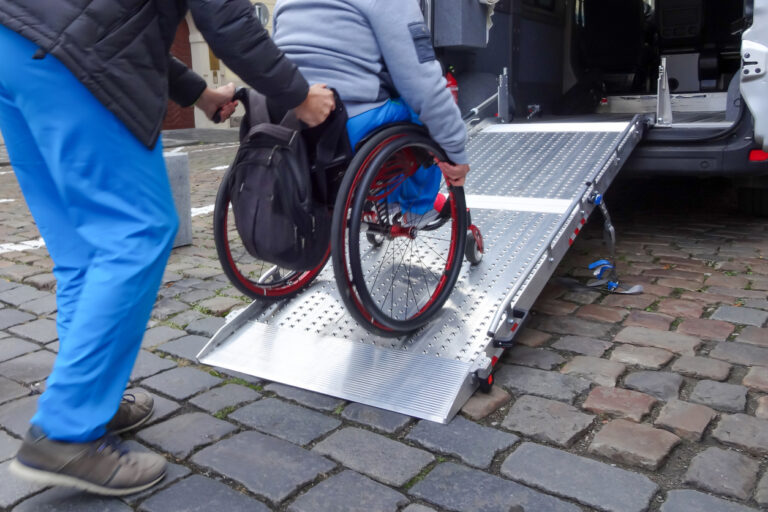
Starting a career as a Disability Support Worker? 5 things you should know
5 things you should know before starting your dream career as a Disability Support Worker
Changing your career to become a Disability Support Worker is a fulfilling and rewarding role to help someone live their best life with your assistance and care.
The number of people working as Aged and Disabled Carers has grown very strongly over the last 5 years: from 131,400 in 2014 to 177,200 in 2019 and will continue to grow in 2025. In 2021-22 around 325,000 workers were supporting NDIS participants, their families, and carers. As the NDIS grows, more workers will be needed to support people with disability. About 128,000 more workers are likely to be needed by June 2025 to fully meet demand
Job Outlook mentions the average Australian weekly earnings is $1,714 compared to a Support Worker at $1,956 (General Manager).
When becoming a Disability Support Worker, there are a few things to keep in mind such as changing your mindset, being a passionate worker, and thinking creatively. This job can also come with challenges and situations that you might not have known about. Here are some tips to help you glide through your career and become successful in your career.
Change your mindset

When becoming a Disability Support Worker, your role involves you to be compassionate, patient, adaptable and passionate.
- Empathy: You need to put yourself in another person’s shoes and build a true connection and rapport with them. This will help you in the long run as they will learn to trust you more and more each day.
- Patient: Simple tasks such as tying laces will take a little longer than usual when you are assisting someone with a disability.
- Adaptable: Every day will be different, you will come across new issues, situations and no two clients will be the same.
Think outside the box

Your role is to assist someone to develop a higher level of living and assisting them with everyday things, if you have an open mind about these tasks, this will help you significantly in your future career. For example, a short term goal of theirs might be to independently ordering their own food at a restaurant, by thinking outside the box and finding a creative solution could help you become a great Support Worker.
Positivity is key
A great support worker will understand that many people with disability experience low mood and depression, it is important to always lift their spirit and be energetic and positive. The goal would be for them to see you walk into the room and they immediately become happy. It might take a few months to build a good rapport with them, but it will be worth it in the end.
Get qualified

Kirana Colleges offers a Certificate III in Individual Support (Disability) or Certificate IV in Disability to help you launch your career in Disability work. You will learn to provide training and support in a manner that empowers people with disabilities to achieve greater levels of independence, self-reliance, community participation and well-being. Work with children, people with special needs, older Australians and people from different cultural backgrounds in this rewarding and fulfilling career.
We offer flexible learning options for students undertaking this course, where they can study either in a classroom, workplace or blended (classroom and online).
Stay passionate about your job
Once you start in your career as a Disability Support Worker, you need to be passionate! You are more likely to do a great job if you are passionate and constantly strive for success in your role. It can be demanding and it can even be challenging at times but if you enjoy what you are doing, then you should have no issues.
What does it take to become a GREAT Disability Support Worker? Don’t label yourself as an expert – keep learning, change things and embrace the adventure of taking a risk.
Like what you hear and want to start your dream career? Explore our nationally accredited new online courses or contact one of our online sales representatives to find out more.
Speak to one of our Course and Career’s Advisors
if you have any further questions!
Pick a time: lunchtime, after the kids are in bed, anytime. We’ll call you back.



